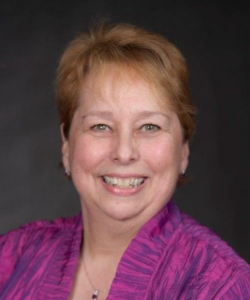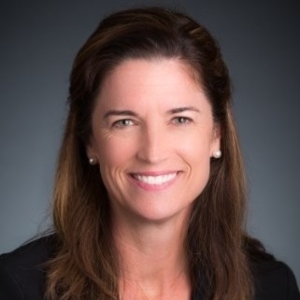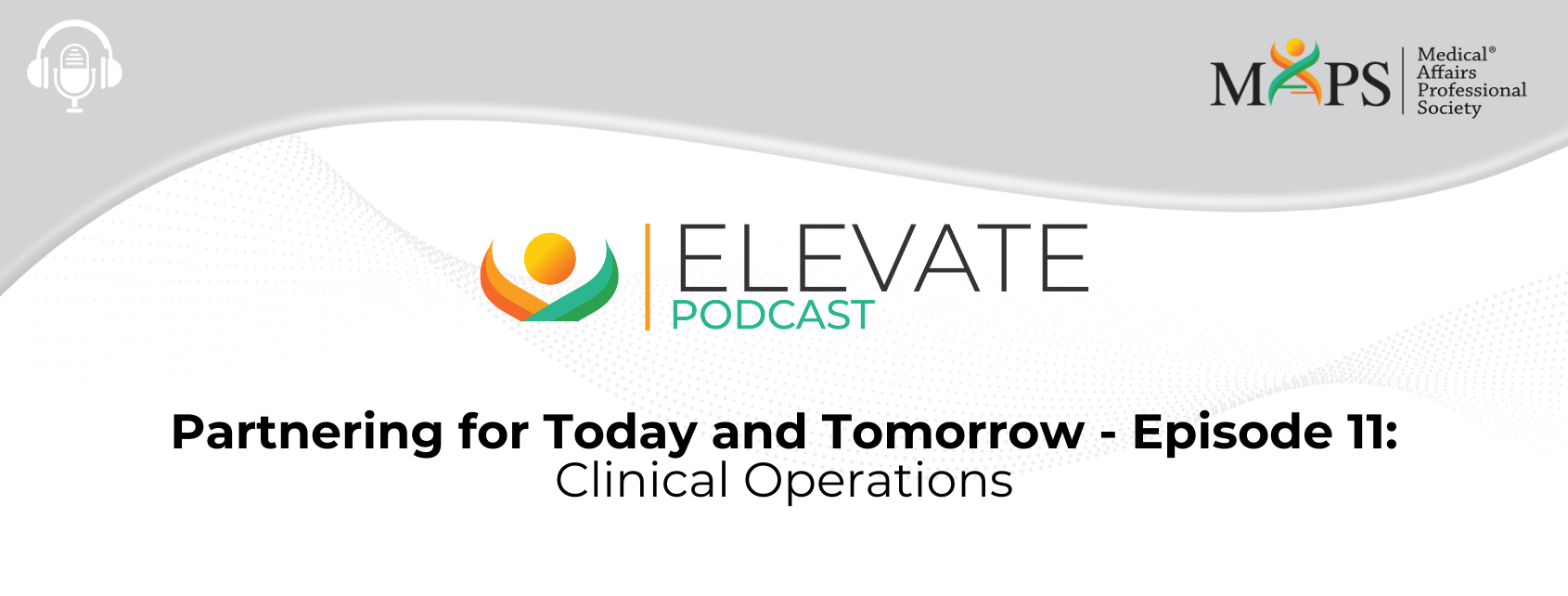Partnering for Today and Tomorrow – Episode 11 Clinical Operations
Objectives:
At the end of this series of podcasts, the participant should be able to:
-
Discuss the functions and activities of key internal partner
-
Identify potential areas for compliant collaboration by MSLs with key internal partners
Contributors:

MODERATOR: Kathryn Gann, PhD

INTERVIEWER: Wendy Fraser, PhD


INTERVIEWEE: Gregg Larson, PhD

Following is an automated transcription provided by otter.ai. Please excuse inaccuracies.
Kathryn Gann 0:00
Welcome to the medical affairs professional society field medical focus area working groups podcast series, entitled field medical stakeholders Partnering for today and tomorrow. In this 11th podcast, we will discuss clinical operations. I’m Kathryn Gann and I’ll be the moderator for this podcast. I serve as a member of the field medical focus area Working Group. I’m currently an independent consultant in medical affairs, having spent my 30 year career as an MSL and MSL manager and an MSL trainer. Our legal disclaimer is as follows. The views expressed in this recording are those of the individuals and do not necessarily reflect on the opinions of maps, or the companies with which they are affiliated. This presentation is for informational purposes only, and is not intended as legal or regulatory advice. We encourage you to engage in conversations about partnering with field medical stakeholders with other maps members via the community portal on the maps website. Simply log in with the email address and password associated with your maps account and click on the discussion tab. Then scroll down to field medical to post a question or review previous postings. The objectives for this series of podcasts are that at the end of this series, the participant will be able to one, discuss the functions and activities of key internal stakeholders and to identify potential areas for compliant collaboration by MSL with key internal stakeholders. I’d like to thank today’s panelists for sharing their subject matter expertise with the maps membership. speaking today are Wendy Fraser, Executive Director global Field Medical Center of Excellence and scientific training, global medical and scientific affairs at Merck. And Wendy is going to be our interviewer. And Gregg Larson, Vice President global clinical operations at ultragenyx. And Gregg will be our interviewee. Wendy, I’m going to turn this over to you. Can you please get us started by telling us a little bit about your role and about your background?
Wendy Fraser 2:08
Thank you, Kathy. It’s a pleasure to be the interviewer for this podcast. As you mentioned, I’m at Merck, where I’ve spent my entire 22 year career with a PhD in biochemistry. I have spent the majority of my time at Merck in medical affairs. I’ve spent a considerable amount of time in field medical roles, various levels of management, and now lead the global field medical excellence and scientific training team. Gregg, before we jump into the interview, can you take a few moments to share with us your educational background and career history to date?
Gregg Larson 2:48
Thanks, Wendy. It’s a pleasure to speak with you today. I have a PhD in physiology. And I’ve spent 30 years in pharma working with more than 10 companies. I started in medical affairs as a medical liaison, and then running if T’s and phase four clinical studies. I moved into clinical research most notably as the head of clinical development for cardiovascular disease in the US. And for the past decade, I’ve transitioned into clinical operations with a major focus on operational excellence.
Wendy Fraser 3:22
Gregg, thank you for the background. You mentioned you’ve been in clinical operations for the last 10 years. Can you help us to understand who you consider your primary internal stakeholders?
Gregg Larson 3:37
absent? Absolutely. So in critical operations, I have the program and study leads. And my key stakeholders are the core members, the study and the program teams. So this includes clinical development, data management, biostat, safety, regulatory and project management. In addition, very key our compliance CQA and legal.
Wendy Fraser 4:02
So can you share with us the ways that you support and collaborate with internal customers?
Gregg Larson 4:10
So both from a short term or long term perspective, I have regular one on ones with the heads of the functions and departments to establish strong business relationships. My focus in those one on ones is on their needs and their expectations. And I follow that with how can we best work together to be synergistic. And then I address any gaps that there might be that we can address. The longer term three to five year strategy requires cross functional and cross department seamless interaction to be successful. I also add this as a topic for a one on one.
Wendy Fraser 4:52
I love the focus on support and collaboration. Can you share with us how you feel your time as an MSL built the foundation for your approach.
Gregg Larson 5:05
Yeah, I, I think it was invaluable. I learned a lot about research through the lens of the investigator and site personnel, their challenges their expectations. I also learned a lot about research through the lens of medical and patient advocacy associations as a part of that role. And importantly, I learned to play high value on my positive relationships with colleagues and legal compliance and CQA. At the end of the day, relationships are key to our success. And being an MSL was a critical step on my journey.
Wendy Fraser 5:40
That’s wonderful to hear. What value does the MSL team in partnership with clinical operations bring to an organization? And secondly, how do you engage MSL in clinical trials? And what are their specific responsibilities that they have?
Gregg Larson 6:05
Well, that’s a big set of questions. First of all, I’m accountable for the planning, execution and close out of the clinical trials. The partnership with medical affairs and with the MSL, if done well can bring tremendous value prior to during and after the clinical trials. So what about specific so msls can do a lot of things they can provide strategic input into the lifecycle management plan. They can provide key information from key opinion leaders regarding the targeted patient profile and study population and center care. They can engage with T eyes and patient advocacy organizations for input into the draft synopsis of the study. They can provide potential investigator sites for consideration and they can orchestrate patient referrals through local HCP. They also can provide scientific and medical expertise during the early startup process for the PIs and staff. And they can do that in collaboration with the study team and the monitors to help the sites understand the mechanism of action of a drug being studied, and understand the patient population and how to identify patients for a study. Lastly, the MSL interact and p is regarding communication of clinical trial results At the end of the purple trial.
Wendy Fraser 7:29
So Gregg, I agree with that you said in the beginning, it’s a lot. So what you’re describing requires a high degree of collaboration. Can you share with us how you ensure collaboration across clinical and medical?
Gregg Larson 7:50
Well, I have had the privilege of being a leader in a leadership position for most of my career. I take personal responsibility for advocating for medical affairs and for the MS ELLs. For some companies there’s been an immediate alignment for others, I have one on one discussions with different functional and department leaders help them to understand the value and what they are leaving on the table if they do not embrace working in collaboration.
Wendy Fraser 8:21
interesting perspective for sure is a lot of collaboration. Similarly, how do you ensure role clarity between the MSL and for example the CRA or any other roles that interact with an individual investigator so as not to for example, confuse the investigator.
Gregg Larson 8:47
So, clarity between the MSL monitor and the clinical study team roles is really really key. I approach this in two ways. One is just to factually lay out what what a medical liaison can actually contribute. And specifically put that into a site communication plan. Each individual study team which highlights the specific interactions, so not in any priority way. But just to highlight one example would be that the MSL and CRA are to meet with the site together and the MSL covers the section of the protocol describing the mechanism of action and the study population. While the monitor focuses on other aspects. I have a bit of fun with the second approach. over my career I have frequently been asked, we want the medical liaison to help with enrollment and trial details. Is that okay? Well, I respond that as long as they take the over 100 slps and training, I’d be happy for them to do so. Of course, I’ve never had anyone take me up on the offer. My point here is that the MSL is have experience and a major role play just like those in clinical operations. The key is open, transparent discussions and alignment. When we do that, then everyone contributes, and it can result in synergistic value for the organization.
Wendy Fraser 10:22
Gregg, thank you for sharing with us your insight into the role of clinical operations and how this role best interacts with its medical affairs counterparts. Kathy?
Kathryn Gann 10:40
Thank you, Wendy. And I want to thank both you and Gregg for participating today. I heard some key takeaways. One is that relationships are key to success. And we all know that as MSL and so what we’re trying to do with this podcast series is help our MSL build relationships so they can help you in clinical operations, Gregg, so also focusing on your needs and expectations just as you do with your internal customers and the external stakeholders. So I think there’s a great lot of synergy. And a lot of the MSL skills are certainly transferable, and also should help them understand how to best work with your team. So certainly, our audience should now have a better understanding of the role and function of clinical operations and how our MSL may compliantly interact with you. This has been the 11th podcast in our series on the topic of field medical stakeholders Partnering for today and tomorrow. And if you’re a maps member, thank you for supporting maps. If you’re not yet a maps member and would like access to additional resources in this area, please visit the maps website to explore joining. And that website is medical affairs.org forward slash membership. This concludes the podcast



